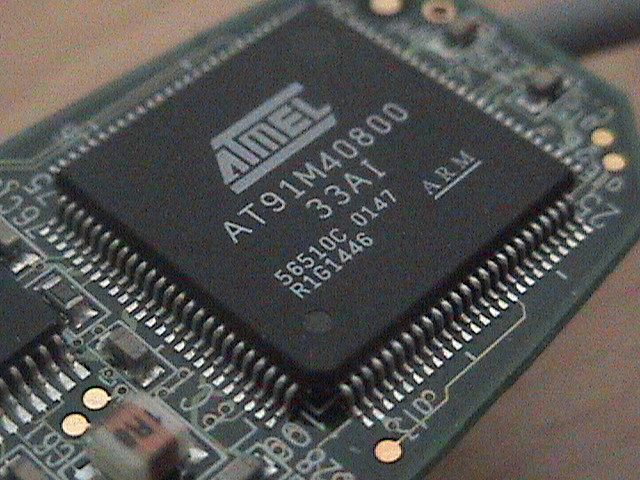We’re not using our sense of touch as much as we used to.
Physical distancing means we’re not shaking hands, hugging or high-fiving too many people. And that can be challenging.
But it’s temporary. Eventually we’ll all high-five and hug again.
And that could mean a growing number of us, now that there’s research underway that may help people who’ve had spinal cord injuries regain their sense of touch.
Scientists in Ohio have been developing a computer chip that can be implanted in the brain, which restores not only motion but the sense of touch.
And it’s restored to the body itself, not through an artificial limb or device.
The research team worked with a patient who’d lost feeling and movement in his right arm a decade earlier following a car accident.
They set up an interface that scanned his brain for movement and sensory signals.
And amazingly, they found that even though his arm had no feeling in it, his brain was still generating neural signals around touch, just at very low levels.
So they found a way to amplify those signals.
Restoring touch in and of itself is important – it’s a pretty meaningful sense, after all – but it’s also extremely useful in motor skills and mobility, so the project could give people with spinal cord injuries more autonomy and independence.
That’s a goal we’d all like to grab onto, really.
And here’s a very touching story of a woman, an octopus and the item that brought them together.
It’s the story of Annika Parkinson-Dow, who was swimming off the coast of British Columbia, only to discover that her engagement ring, a family heirloom, was missing.
She hired a team of divers to find it, and as they searched in the water, they came across a baby octopus, who seemed to lead them right to the shiny piece of jewelry.
Maybe it’s a coincidence, but scientists say it’s not out of character for an octopus to collect something shiny.
Perhaps diamonds are an octopus’s best friend.
Brain-decoding computer can restore this important human sense (Inverse)
This woman lost her engagement ring in the ocean. A baby octopus helped get it back (CBC)
My sense is that our backers on Patreon make Cool Weird Awesome what it is. Join them!

